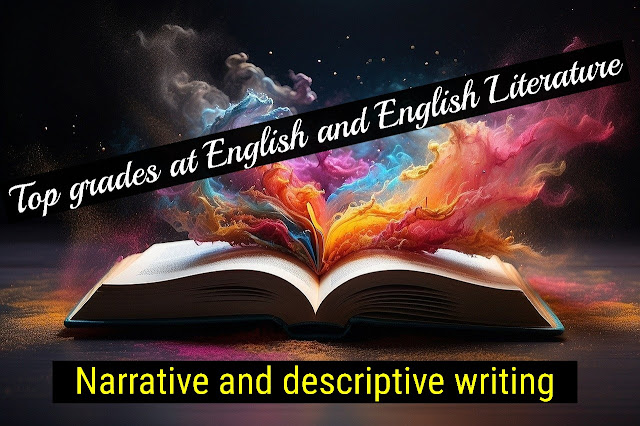How to revise a literature text?

by Michael Hartland As an English tutor, I am often asked to help students improve their ability to study and write about literature texts . Especially in the summer term! The first thing to do (after the student has read the text, of course!) is to get an overview of the text . This means being able to stand back and see the wood for the trees. How does it all fit together? What's important at the beginning? How do things develop? How does it end? There are some very practical exercises I use to help students get an overview of texts they are studying either at GCSE or A Level. This improves confidence and ultimately their performance and grades. Find out more about our tutoring services here . Find out more about the free introductory session here . Find out more about English ebooks here .











